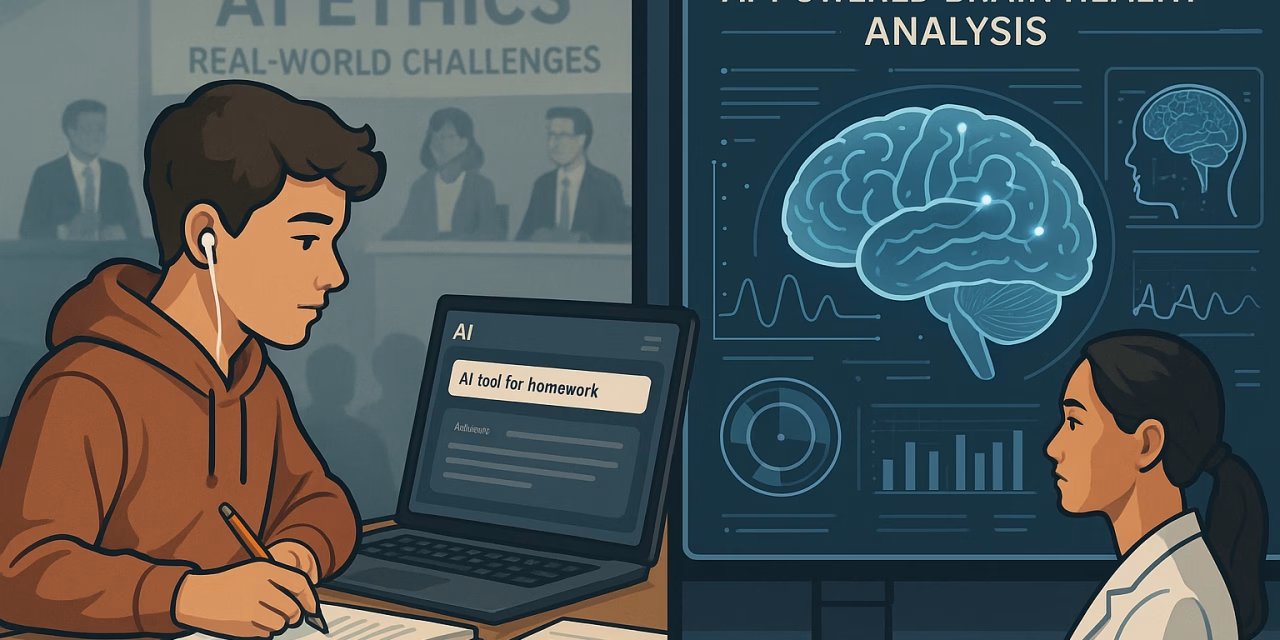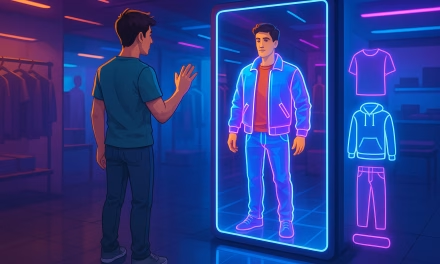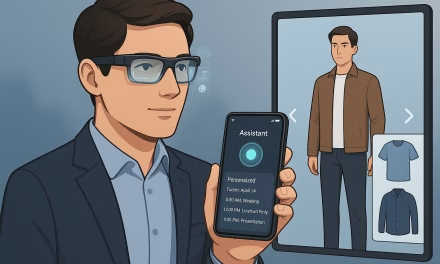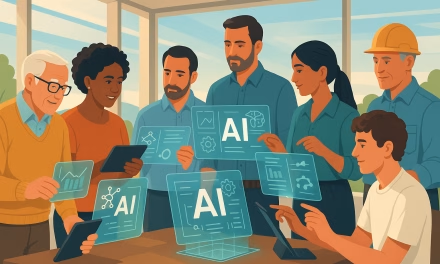July 5, 2025, highlights the profound integration of Artificial Intelligence into our daily lives, particularly in the realms of education and personal health, while also bringing to the forefront the emerging discussions around the practical limitations and ethical considerations of this technology.
A startling statistic reveals that 97% of Gen Z students are now using AI tools to complete homework, write essays, and even assist with college applications. This widespread adoption signifies a fundamental shift in how the next generation learns, researches, and creates. AI is no longer just a tool but a ubiquitous partner in the educational journey, raising important questions about academic integrity, critical thinking, and the future of learning itself.
In the realm of personal health, groundbreaking advancements are offering new hope for preventive care. A study in Nature Communications demonstrates that AI models can now accurately predict brain age from MRI scans, potentially revolutionizing the early diagnosis of neurodegenerative conditions. Another AI model has shown over 90% accuracy in early disease detection, including cancer, by analyzing patient history, imaging data, and biomarkers.
However, this rapid integration of AI into our lives is not without its challenges. Studies have revealed that AI agents that perform well in simulations often struggle with basic real-world tasks, highlighting the gap between theoretical capabilities and practical implementation. Furthermore, the debate between major tech players like OpenAI and Microsoft on how to properly test and benchmark AGI capabilities underscores the complexities of ensuring that these powerful technologies are safe, reliable, and beneficial for society.
The developments on July 5, 2025, collectively illustrate that we are living in the “AI Generation.” The technology is deeply woven into the fabric of our lives, offering immense potential to enhance education, health, and well-being. Yet, it also demands a thoughtful and critical approach to navigating its limitations, ethical implications, and societal impact. The future will be shaped by how we choose to guide the development and integration of these powerful tools.





